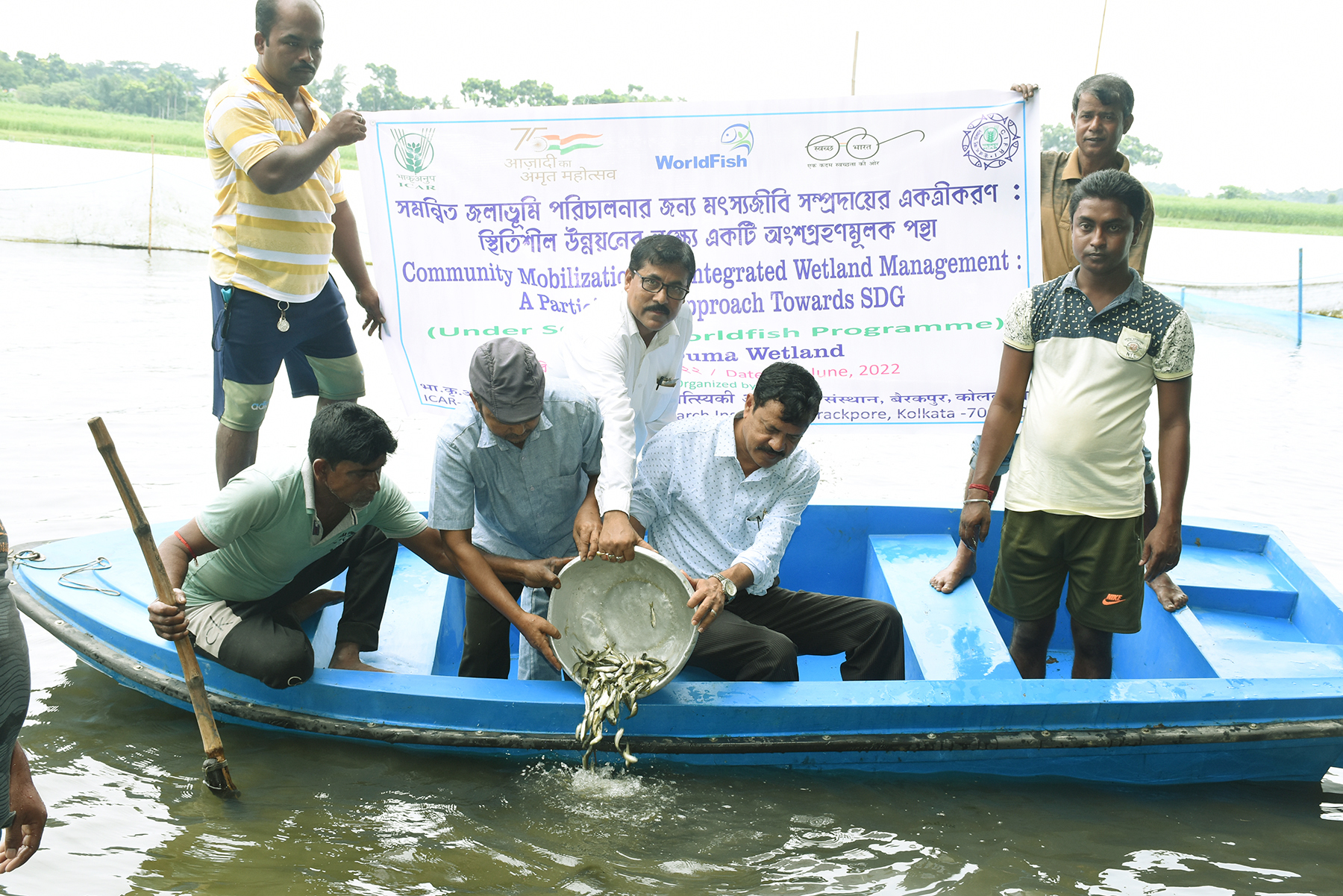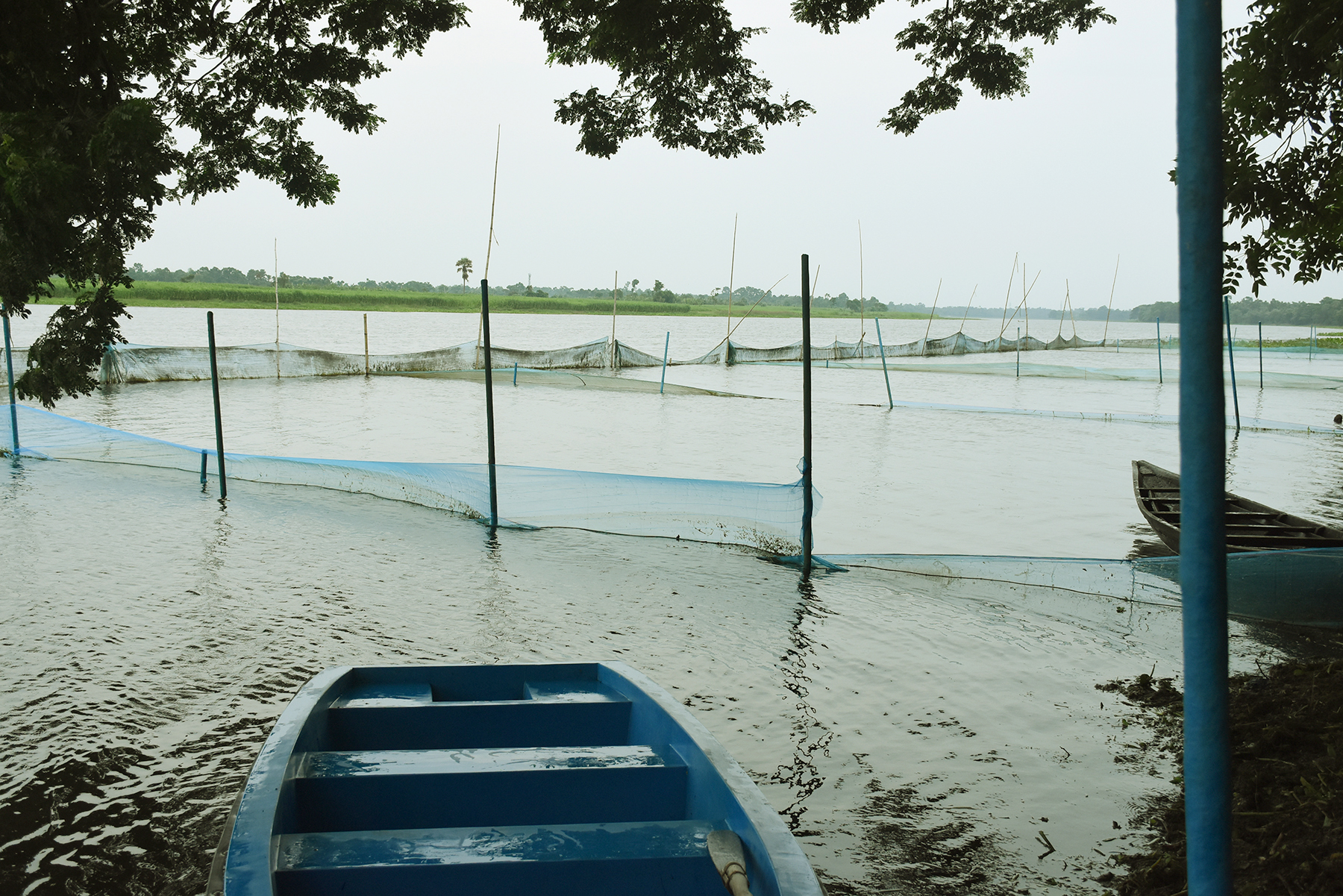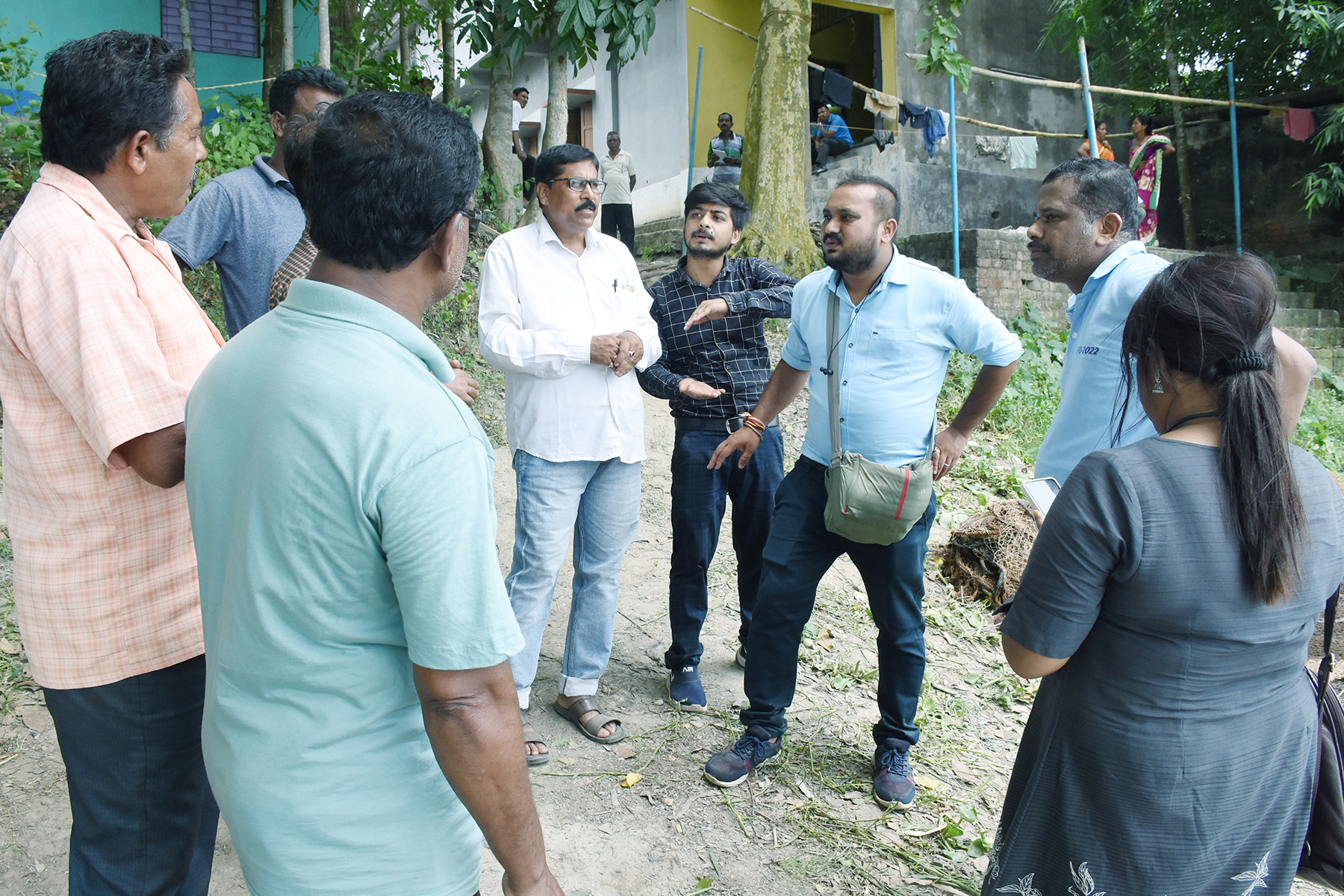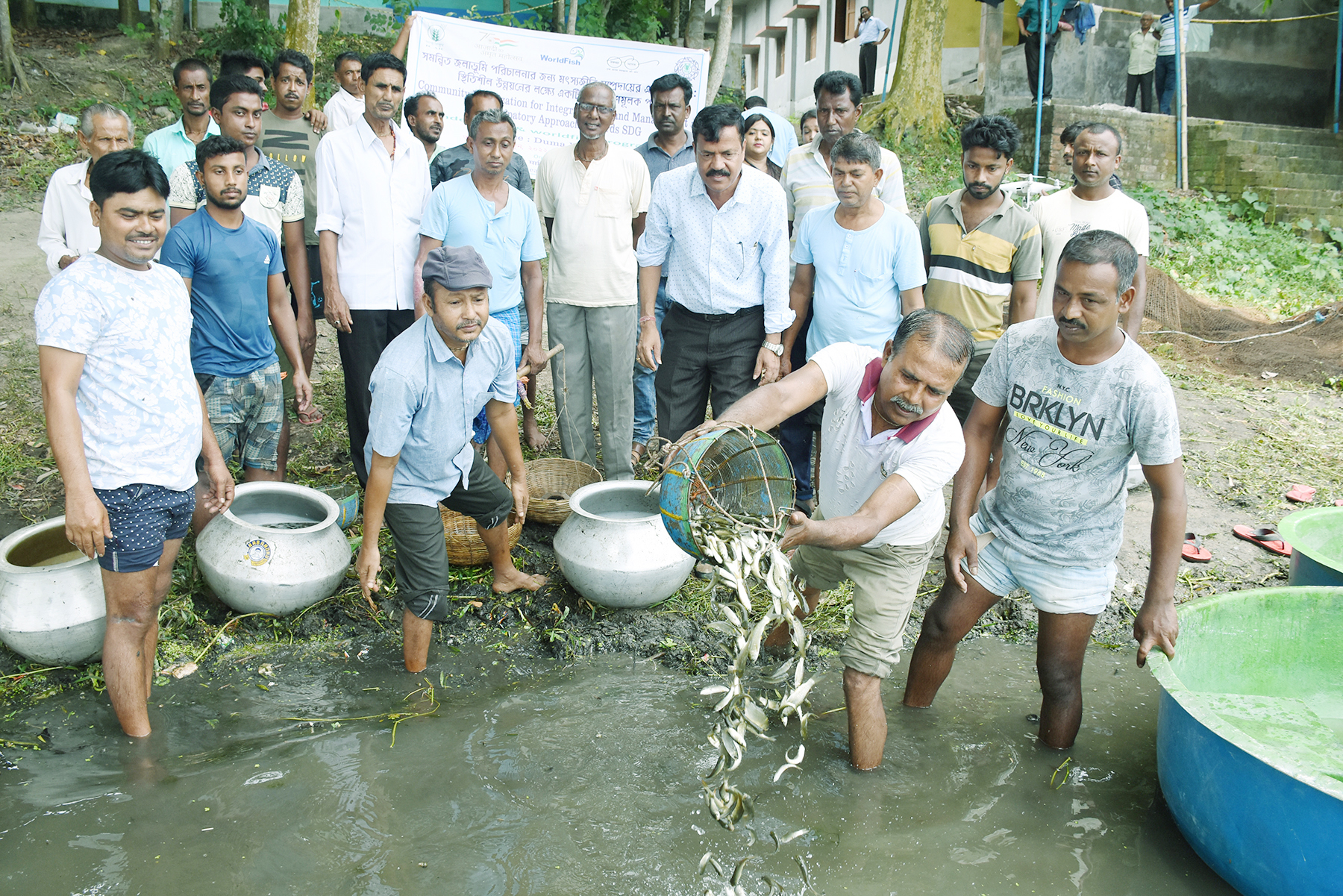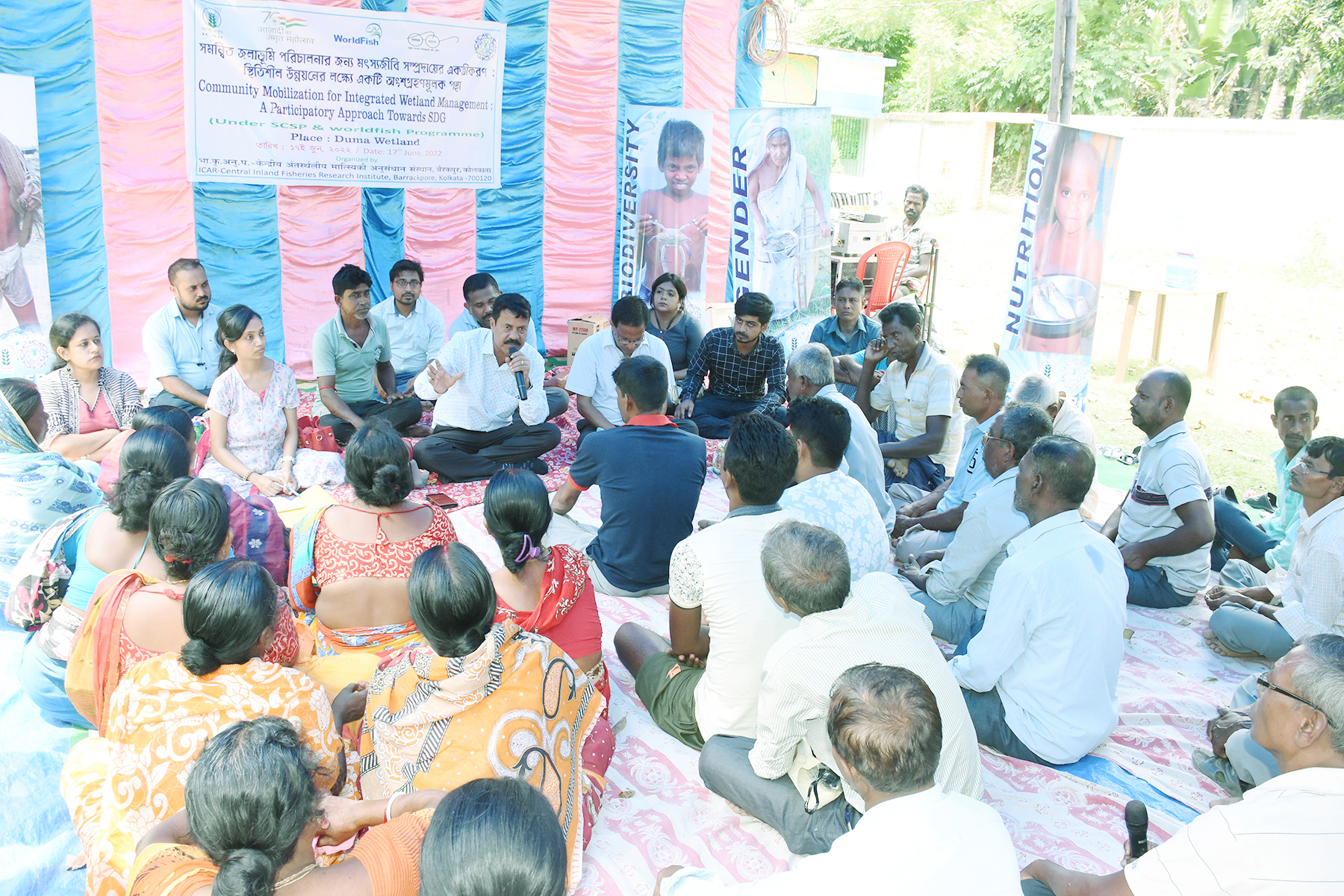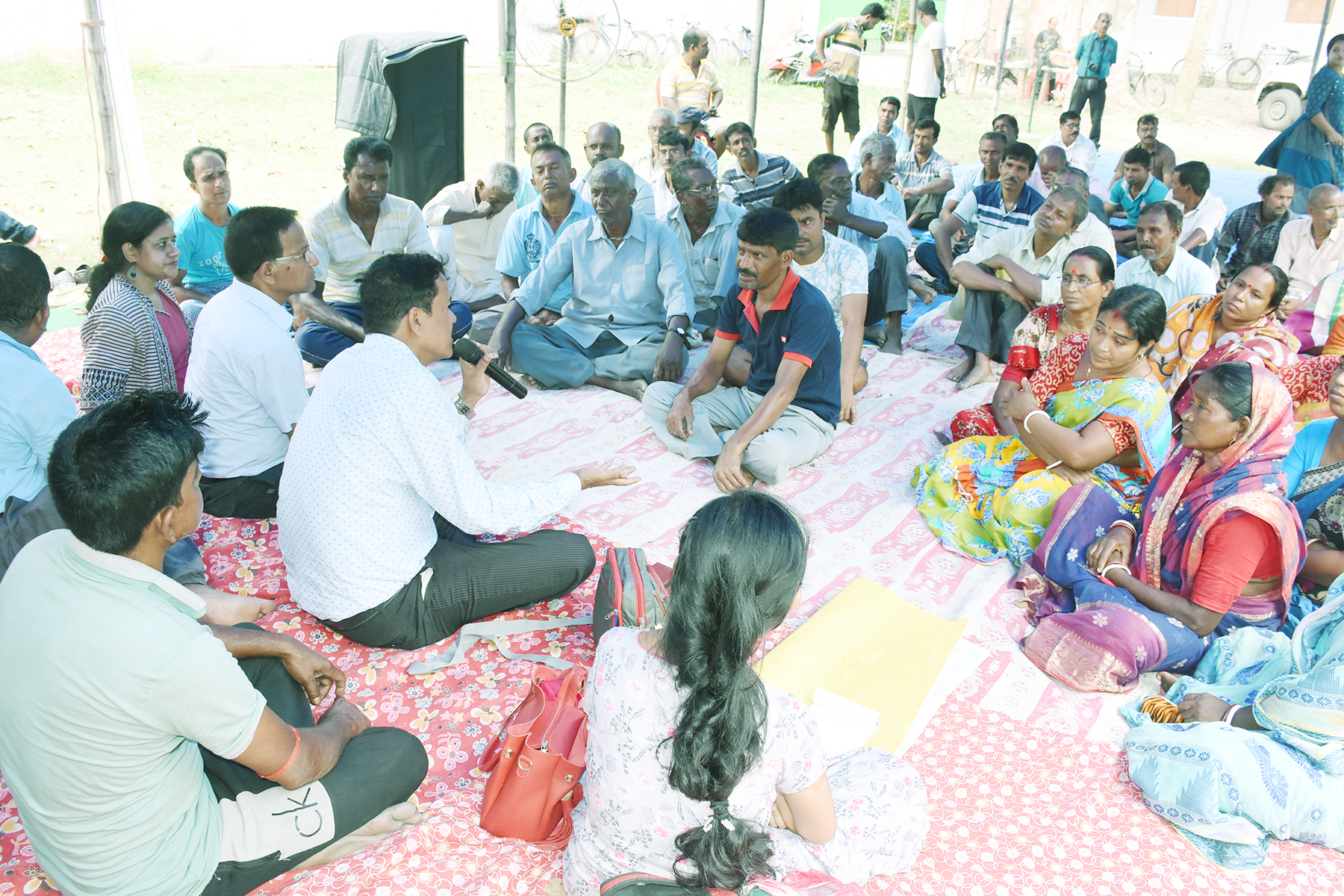Overview
Publications
Recruitment
Intranet
CIFRI Corners'
Wetlands have been designated as the blessing for mankind for its ecological services and ICAR- CIFRI has been continuously working for wetland fisheries development to support the livelihoods of the vulnerable communities. The integrated development approach was initiated in DUMA wetland of North 24 Parganas, West Bengal in the year 2021 under Scheduled Caste SubPlan (SCSP) with the aim to increase the fish production up to 1000kg/ha/year within a span of three years under the leadership of Dr. B. K. Das, Director, ICAR-CIFRI.
